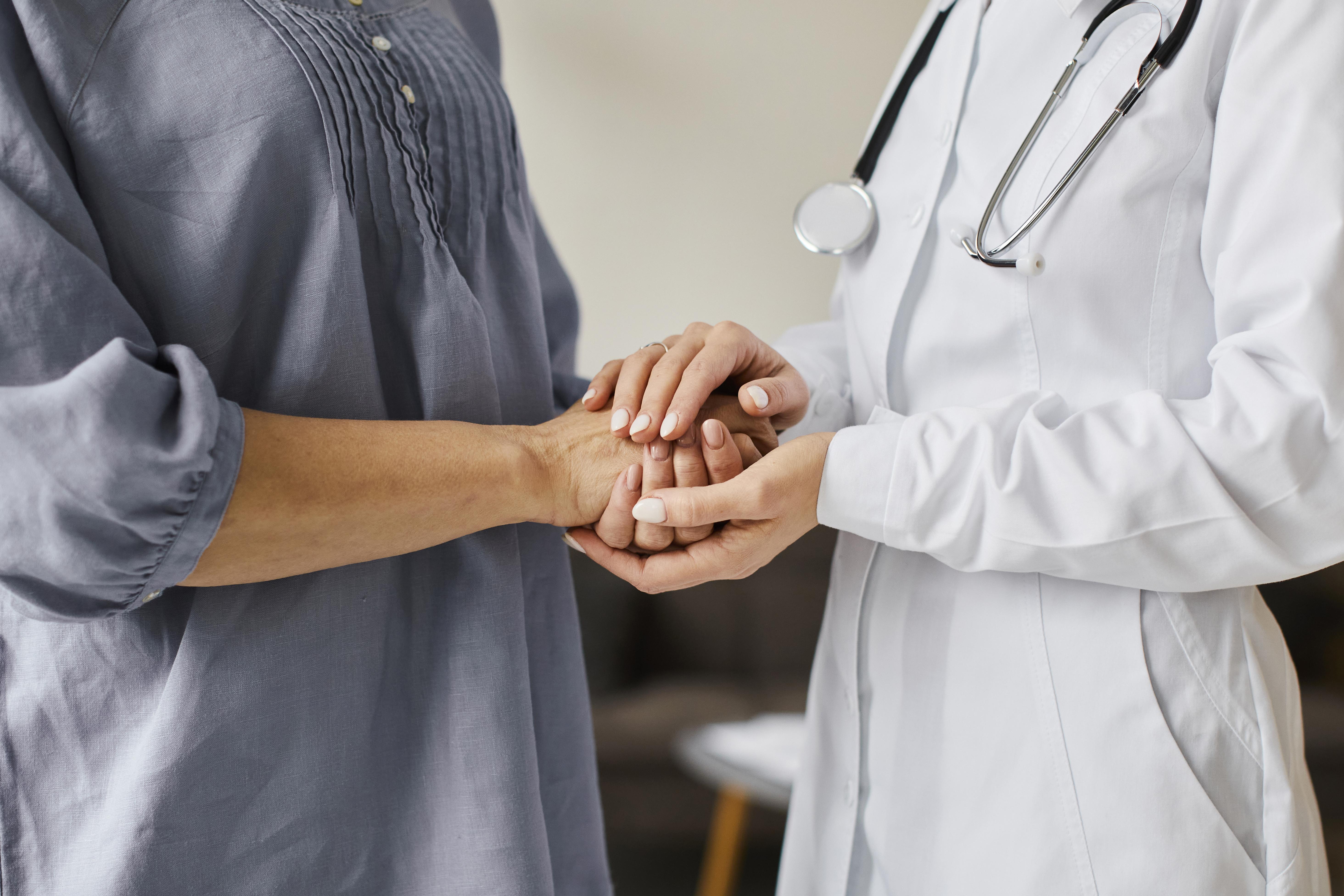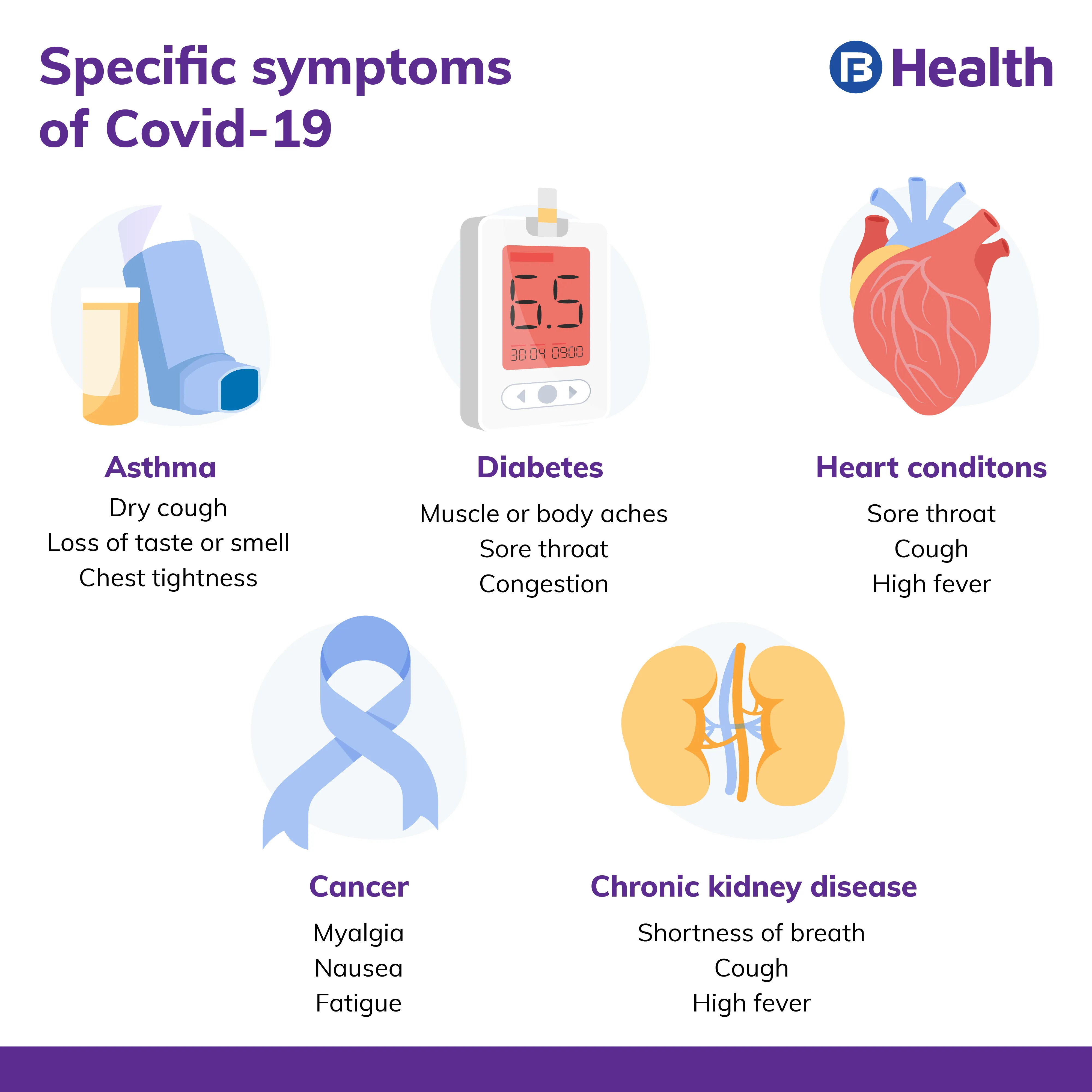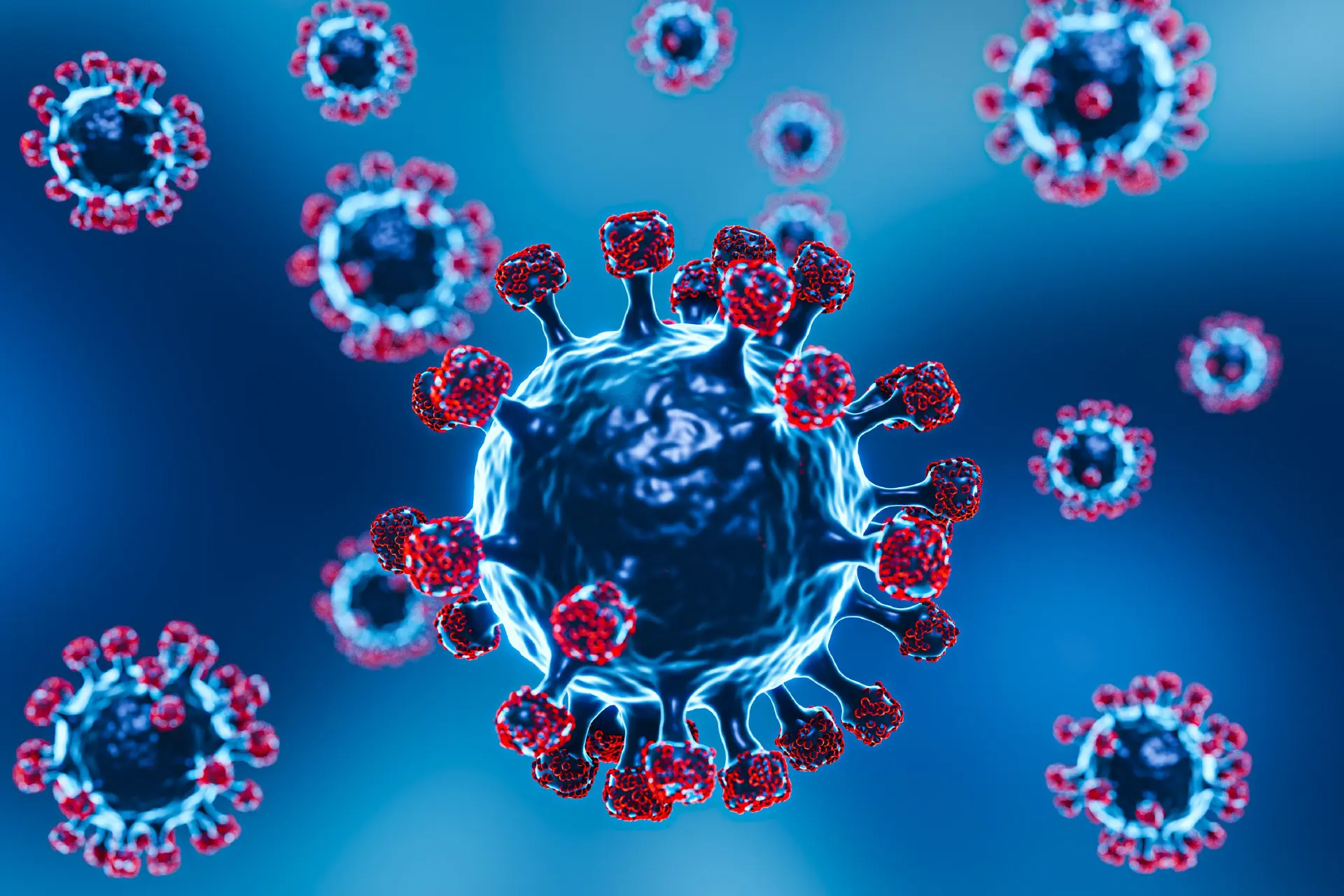Homeopath | 6 min read
Tips for COVID-19 Care with Existing Medical Conditions
Medically reviewed by
Table of Content
Key Takeaways
- CDC states that underlying conditions increase risk of severe COVID-19 illness
- The COVID-19 pandemic increases relapse rate of existing mental health issues
- Yoga and exercise can help both mental and physical wellness during these times
It is without a doubt that the COVID-19 pandemic has uprooted and disrupted everyday living. The novel coronavirus affects persons of all age, and recent data suggests that there is an increased risk of developing severe COVID-19 symptoms if you have existing health issues. This is also applicable to the elderly. COVID-19 symptoms in older people can prove fatal and as per the CDC, ages 85 and up are at the greatest risk of severe illness. In fact, it also states that developing COVID-19 symptoms in old age, over 65 years, increases the risk of hospitalization by 45 times as compared to the risks incurred by infected individuals between ages 5 and 17.
Data also suggests that patients with existing mental illnesses are susceptible to a greater degree of infection. A study titled, ‘Impact of COVID-19 pandemic on pre-existing mental health problems’, confirms that the impact of the virus on patients with some form of mental illness is said to be significant. It further goes on to state that this greater impact increases the risk of incidence and the relapse rates as well. Naturally, this means that prioritizing safety is that much more important if you have a history with some kind of health issue or are over the age of 50.
To know how to safeguard yourself and your loved ones from infection and how to effectively deal with coronavirus symptoms, should they crop up, read on.
Dos and Don’ts
Getting a positive Covid test can cause a great deal of stress and anxiety, and this only worsens the situation. If you have existing medical conditions and are infected, your priority should shift toward recovery and symptom management. This is critical and carrying out the right care measures and taking the right precautions can aid recovery and prevent further spread. To ensure that you take the appropriate steps, here is a list of the dos and don’ts to keep in mind.
Do's
- Talk to your healthcare provider and inform them of your situation
- Continue your current medication as per your treatment plan
- Ensure to get a at least 30 days’ worth of medical supplies
- Follow all social distancing protocols when interacting with others
- Keep your healthcare specialist updated on any changes
- Monitor your symptoms regularly
Don’ts
- Do not stop your treatment plan
- Do not self-administer medication, whether it is for COVID-19 fever treatment or for pain relief
- Do not delay seeking medical care
- Do not ignore safety protocols around family or caretakers
- Do not fail to inform healthcare centres beforehand in cases of emergency
These are just a few general guidelines, and your first course of action should be to talk to a doctor that has treated your medical condition. They will be able to offer better care and will instruct on what to do and avoid, based on your health issue.
For an overview of things to do, based on the health condition, take a look at these pointers.
Asthma, or other Lung Problems
- Avoid triggers
- Continue medication, unless advised otherwise by a doctor
- Stay awake from smoking or anyone that smokes
- Monitor the severity of any characteristic COVID-19 breathing problems
Diabetes and Obesity
- Continue with the regular insulin cycle
- Start eating healthier and more nutritious foods
Weakened Immune System
- Maintain regular doctor appointments
- Have medications delivered to you to minimise chances of physical exposure to the virus
Liver Disease
- Get the right medication to prevent further decline of liver health
- Ensure to keep every dialysis appointment
Heart Disease
- Continue medication, as instructed
- Speak to a doctor about the risks of high blood pressure
Recommended Lifestyle Changes
As per a study conducted in December 2020, it was found that COVID-19 restrictions could lead to unhealthy life changes. Some of these include impaired sleep patterns, increased consumption of alcohol and tobacco products, reduced physical activity, and others, all of which are known to interfere with the body’s immunity response. In many cases, these changes are prevalent but can be addressed with healthy alternatives. Here are a few recommended lifestyle changes to note.
- Get enough sleep: At least 7 to 8 hours of sleep is required on a daily basis
- Find effective ways to destress: Breathing exercises performed for 10 minutes throughout the day can help
- Exercise regularly: Find ways to stay active, even indoors, as it helps a great deal
- Reduce smoking and alcohol consumption: It has both short and long-term health benefits
- Avoid social isolation: Maintain healthy social connections that bring a positive light to your day
- Focus on safe interactions: Disinfect everything you touch and always a wear a mask when you are around others
Tips to ensure Healthy Diet
Malnutrition or starvation is linked to weakened immune response, and this increases the risk of being infected and developing COVID-19 symptoms in kids, adults and elders alike. A study suggests that there is no one miracle food that can either cure or prevent infection. Do not fall for such claims, and instead focus on eating healthier. Here’s how you can do just that.
- Incorporate fruit into your meals
- Stay hydrated throughout the day
- Use iodised salt and consume less than 5g, 1 teaspoon, of salt a day
- Avoid processed or pre-packaged foods
- Opt for white meats over red meats
- Keep sugar intake in check
- Practice good food hygiene
- Avoid alcohol consumption as much as possible
Importance of Exercise and Yoga for People with Existing Health Conditions
The benefits of yoga extend beyond the physical. It affects other aspects of everyday living such as healthy eating as it trains you to be more mindful. This is important in the midst of a pandemic as it can be easy to slip into habits of overeating or indulging in junk food due to restrictions. Additionally, yoga is primarily a form of exercise and enhances fitness. It increases muscle strength and cardio-respiratory fitness, both of which are required to stay healthy.
Steps to take in case of Emergency
Only certain events constitute a COVID-19 emergency. If you or a loved one, experiences the following symptoms, it is an emergency.
- A fever that exceeds 103F, as it is likely a COVID-19 fever
- Difficulty in waking up
- Persistent chest pains and presents with a COVID-19 cold
- Excessive drowsiness
Only when these symptoms are present, should you start the emergency protocol. This mean that you:
- Contact a nearby healthcare centre or hospital
- Inform them of the emergency to help them prepare
- Prepare for safe transport by wearing protective gear and masks
- Avoid taking public transport, call an ambulance if required
- Monitor symptoms regularly
Suffering from COVID-19 while having existing health conditions requires utmost care. To ensure you get this, and on time, arm yourself with Bajaj Finserv Health. Get quick access to healthcare resources and can help you access telemedicine services easily. You can find doctors online, book appointments and consult them virtually, over video. The app also has a health library that you can access to learn about the best ways to handle COVID-19 symptoms at home and when dealing with an emergency.
References
- https://www.ncbi.nlm.nih.gov/pmc/articles/PMC7165115/
- https://www.sciencedirect.com/science/article/pii/S2414644720300555
- https://www.sciencedirect.com/science/article/pii/S2414644720300555
Disclaimer
Please note that this article is solely meant for informational purposes and Bajaj Finserv Health Limited (“BFHL”) does not shoulder any responsibility of the views/advice/information expressed/given by the writer/reviewer/originator. This article should not be considered as a substitute for any medical advice, diagnosis or treatment. Always consult with your trusted physician/qualified healthcare professional to evaluate your medical condition. The above article has been reviewed by a qualified doctor and BFHL is not responsible for any damages for any information or services provided by any third party.






